Navigating Common Issues with the Hyundai i10 A Comprehensive Guide to Solutions
Asked by: majidsafwathaddad 6 views Automotive
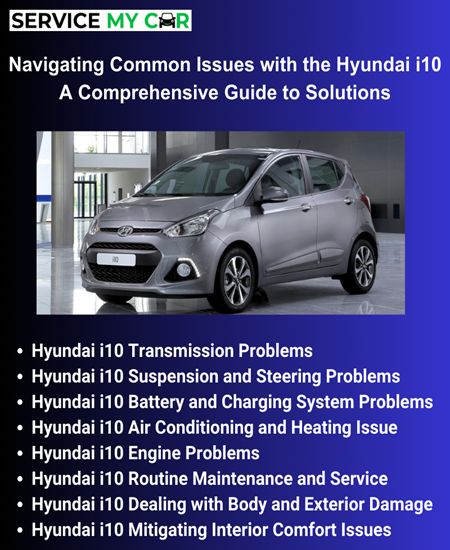
The Hyundai i10 stands as a testament to Hyundai’s commitment to delivering reliable, efficient, and stylish city cars. As a popular choice among urban drivers worldwide, the Hyundai i10 offers a blend of affordability, practicality, and modern features. However, like any vehicle, the Hyundai i10 is not without its share of common issues that owners may encounter.
In this extensive guide, we’ll delve into the typical problems faced by Hyundai i10 owners and provide comprehensive solutions to address them. Whether you’re a current owner or considering purchasing a Hyundai i10, this guide will equip you with the knowledge needed to navigate potential challenges and ensure a seamless driving experience.
Chapter 1: Understanding the Hyundai i10 – A Compact Marvel
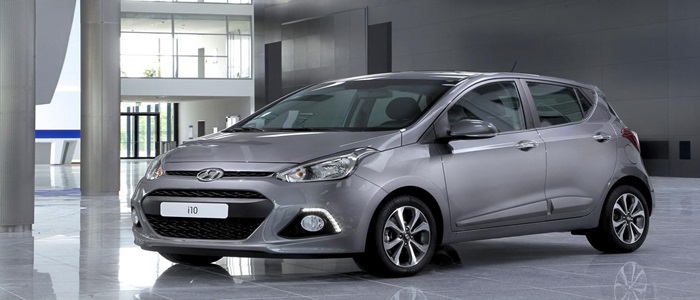
Introduction to the Hyundai i10:
An overview of Hyundai’s compact city car, highlighting its compact dimensions, fuel efficiency, and agile handling.
Evolution of the i10:
Tracing the evolution of the Hyundai i10 through generations, showcasing its evolution in design, technology, and performance.
Design and Features:
Exploring the design philosophy behind the Hyundai i10 and its key features, including interior comfort, infotainment options, and safety technologies.
Chapter 2: Reliability and Common Issues – What to Expect

Reliability of the Hyundai i10:
Examining the overall reliability of the Hyundai i10 based on owner experiences and industry reviews.
Common Problems:
Identifying and discussing prevalent issues reported by Hyundai i10 owners, ranging from mechanical to electrical challenges.
Warranty and Support:
Highlighting Hyundai’s warranty coverage and customer support options available to address issues encountered during ownership.
Chapter 3: Mechanical Challenges and Solutions
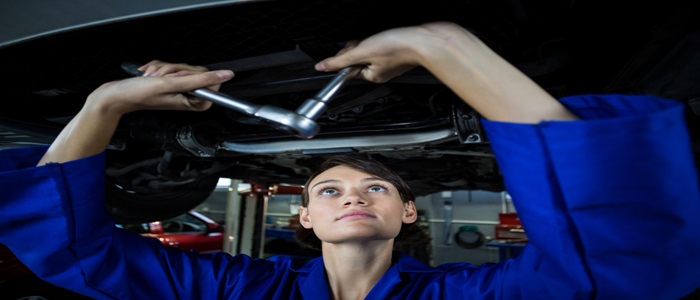
Engine Performance:
Addressing common mechanical issues such as engine stalling, rough idling, and loss of power, along with diagnostic and repair strategies.
Transmission Problems:
Discussing issues related to automatic and manual transmissions, including gear shifting issues, transmission fluid leaks, and clutch problems.
Suspension and Steering:
Exploring issues with suspension components, steering responsiveness, and alignment issues, and their impact on ride quality and handling.
Chapter 4: Electrical and Electronic Troubleshooting
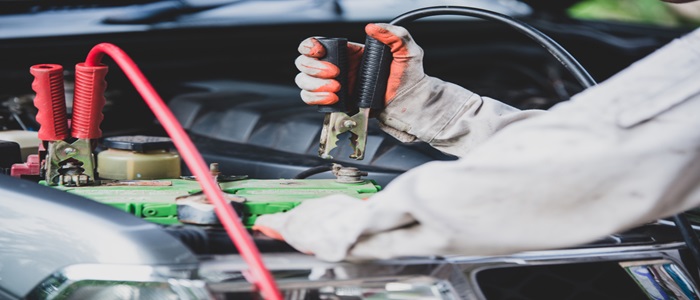
Battery and Charging System:
Examining common electrical issues such as battery drain, charging system malfunctions, and strategies for diagnosing and resolving electrical faults.
Infotainment and Connectivity:
Discussing problems with the infotainment system, Bluetooth connectivity, and navigation features, along with troubleshooting tips.
Lighting and Electrical Accessories:
Exploring issues with exterior and interior lighting, power windows, central locking system, and electronic accessories, and strategies for resolving them.
Chapter 5: Climate Control and Comfort Features
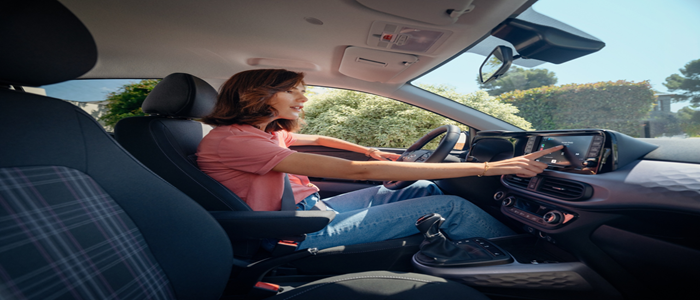
Air Conditioning and Heating:
Addressing common issues with the HVAC system, including insufficient cooling or heating, refrigerant leaks, and compressor failures.
Comfort and Convenience:
Discussing problems with power-adjustable seats, sunroof operation, and other comfort features, and strategies for resolving them.
Chapter 6: Maintenance and Preventive Care
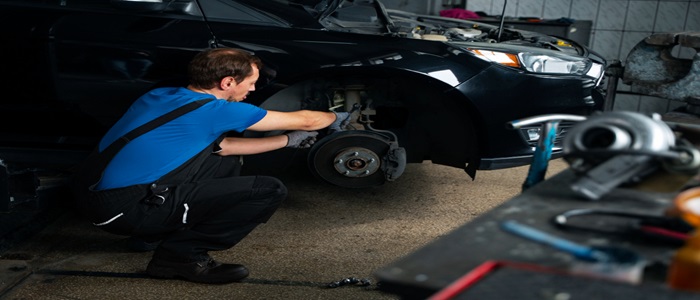
Routine Maintenance:
Outlining the importance of adhering to manufacturer-recommended maintenance schedules and conducting regular inspections to prevent potential problems. DIY vs.
Professional Service:
Discussing when to perform DIY maintenance tasks and when to seek professional assistance from certified Hyundai technicians.
Genuine Parts and Accessories:
Emphasizing the significance of using genuine Hyundai parts and accessories for repairs and upgrades to maintain vehicle integrity and performance.
Chapter 7: Future Trends and Innovations
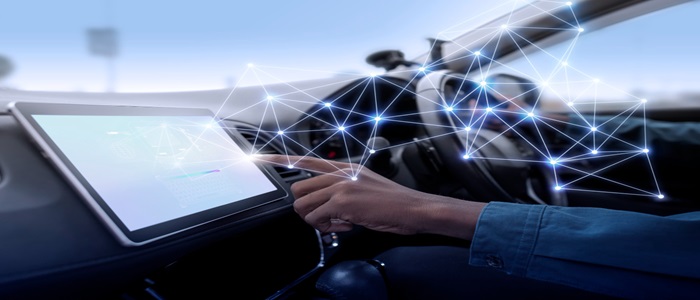
Advanced Technologies:
Exploring emerging trends and innovations in automotive technology, including electrification, autonomous driving, and connectivity features, and their potential impact on future Hyundai i10 models.
Sustainability and Environmental Responsibility:
Discussing Hyundai’s commitment to sustainability and efforts to integrate eco-friendly technologies into their vehicles.
How Service My Car Assists You?
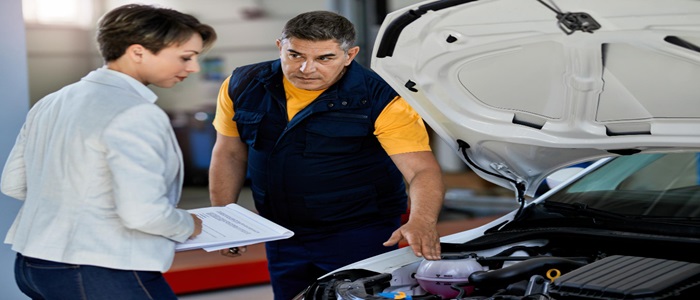
Looking to optimize your hummer‘s performance? Searching for a reliable hummer transmission replacement in Dubai? You’re in the right place with Service My Car! Our skilled technicians in Dubai are experts in hummer maintenance, guaranteeing top-quality care for your vehicle. Rely on us to improve your car’s lifespan and performance with our precise transmission replacement services. Drive with confidence, knowing your hummer is well taken care of. Book your appointment with Service My Car today for a hassle-free experience!
Conclusion:
In conclusion, the Hyundai i10 represents a versatile and dependable choice for urban drivers seeking affordability and practicality without compromising on features and performance. While no vehicle is without its challenges, armed with the knowledge and solutions provided in this guide, Hyundai i10 owners can address common issues effectively and ensure a smooth driving experience. By prioritizing regular maintenance, utilizing genuine parts, and staying informed about advancements in automotive technology, owners can continue to enjoy the convenience and reliability offered by the Hyundai i10 for years to come.